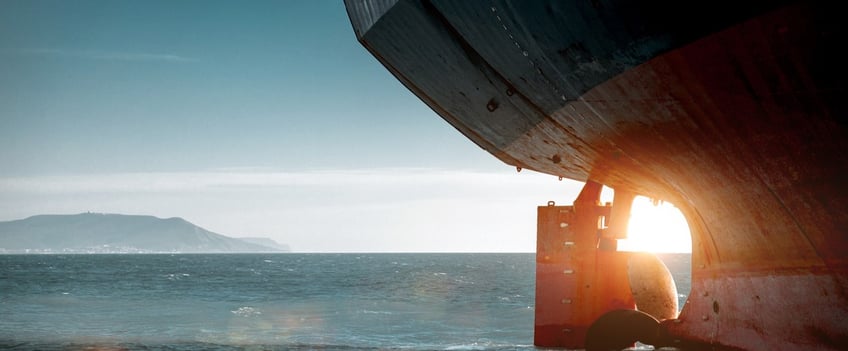
This week our guest blogger is from Expeditors Cargo Insurance Brokers (ECIB). ECIB provides supply chain risk management solutions tailored to the specific needs of its clients, leveraging its background in logistics and hands-on approach to claim subrogation to provide access to lower rates and broader insurance coverage. ECIB is a wholly owned subsidiary of Expeditors International of Washington, Inc. It is headquartered in Seattle, Washington, with employees located throughout the U.S., Mexico, Europe, Australia, and the Middle East.
Those persons, cities, and countries feeling the impact of the novel coronavirus outbreak are in our thoughts and we wish for a quick solution and an end to the associated suffering.
As the COVID-19 pandemic continues to challenge many supply chains, some companies will find their cargo stopped and/or undeliverable at origin, destination, or a transshipment point. The result of being stopped is that cargo will be sitting, sometimes indefinitely, at an unplanned location.
By design, a cargo transit insurance policy covers your goods against physical loss or damage during transit. Given our current global challenges, it is important to assess whether you are covered if your goods end up stopped in an unexpected location while in transit. And if your goods are not in transit, are they still covered by your policy?
While navigating these questions and turbulent times, one thing cannot be overlooked: the coverages and definitions in your cargo insurance policy. We recommend you review your entire existing (or proposed) policy, paying special attention to the following:
- Warehouse-to-Warehouse Clause: Defines when coverage begins and ends, and may put a time limit on temporary delays in transit.
- Consolidation/Deconsolidation Clause: Defines the timeline for a temporary stoppage while goods are in the custody of a consolidator.
- Accumulation Clause: Generally doubles the limit payable under your policy in the event that an accumulation of value occurs beyond the control of the assured.
Although policies vary between insurance companies, many policies limit how long cargo can be temporarily stopped in transit while maintaining coverage. The cause of the stoppage, whether under the control of the assured or not, may also put restrictions on your coverage.
We realize that reading and understanding an insurance policy can be tedious. If you have any questions or concerns regarding your cargo policy, reach out to ECIB and speak with an experienced supply chain risk professional today.
For updates and information about cargo insurance and risk management, follow ECIB on LinkedIn. Be sure to download our whitepaper for a deeper look into the above terms, as well as important topics like shipment delays, demurrage charges, and more.




